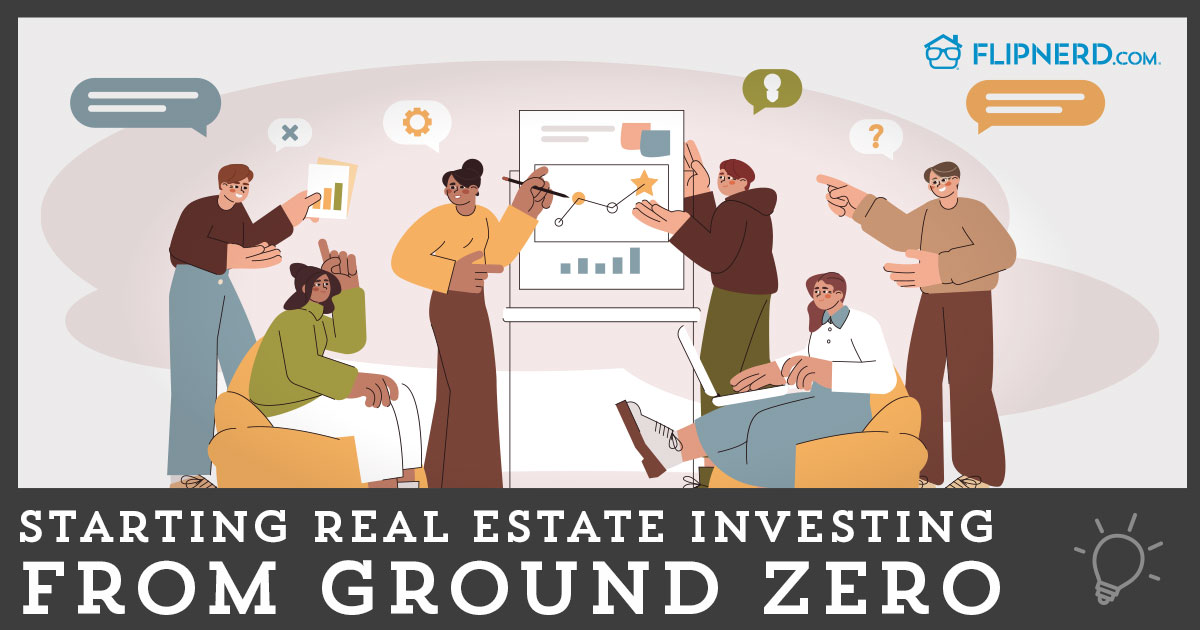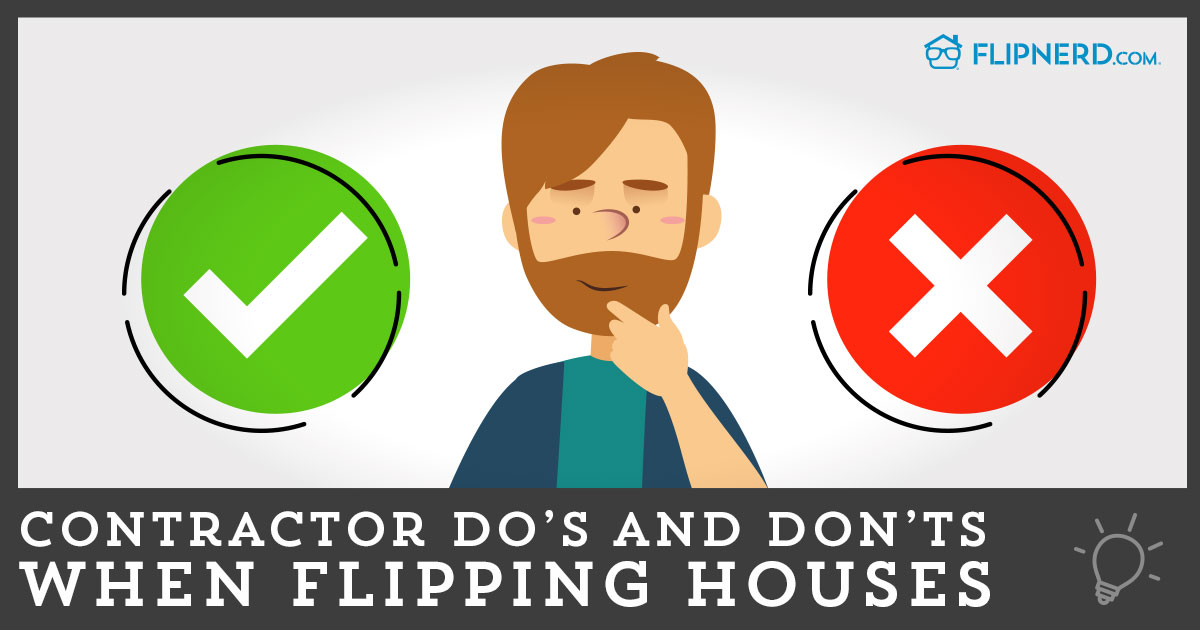Investing in a buy and hold property means you are purchasing a home with the intent to turn it into a rental for the long-run. While there are many benefits to pursuing this avenue of investing, mainly the steady income and wealth-building capabilities, there are still certain questions investors should ask themselves before committing to this long-term investment. It isn’t always an easy decision choosing to become a landlord, so here are five common concerns landlords may face and how to solve them.
1. How Do I Deal With Tenants?
This is probably the most obvious question you’ll want to ask yourself if buy and hold is in your future. A rental property isn’t a rental property without tenants paying rent.
In order to save yourself problems down the road, find reliable tenants before moving them in by conducting background checks, running credit reports, and checking references.
2. How Should I Handle Maintenance/Management Issues?
Besides dealing with tenants, you’ll have to now figure out how to manage the issues that come with renters. You are the landlord, so it is your job to make sure things in the house stay working properly. If the plumbing breaks or the air conditioner malfunctions, you’ll need to be prepared for how you will handle your tenants calling you at two in the morning to fix these issues.
By creating a list of handymen or setting up a contract with a local company who handles these maintenance issues, you can better address any problems that arise quickly and organized, so you are less overwhelmed and your tenants are happy.
3. How Does My Rental Help Me to Maximize Profits in the Long-Run?
A buy and hold isn’t intended to make you money overnight, hence why it is a “long-term” investment. It is meant to be an opportunity to build wealth over time due to the property’s potential to appreciate in value.
It also provides you with a steady stream of income from the monthly rent checks. If the costs of maintaining the property are lower than the rent, you have profit, which is also known as positive cash flow.
4. Why Should I Know Landlord/Tenant Laws for My State?
As a landlord, you’ll need to familiarize yourself with the laws that oversee tenant relations within your state. This will only help you when understanding how to draft a lease, what to include in one, and especially how to handle evictions.
It may even be helpful to get a local lawyer that knows rental law in that area. Some states require landlords to have an escrow account and not to commingle security deposits with your personal checking account. If you don’t know these rental rules, you could be violating state laws.
5. What Are Some Easy and Organized Ways to Collect Rent?
With tenants, there comes rent of course, and part of your job as a landlord is to make sure each month your tenants are paying you on time and in full. You can’t earn a profit if they are late or missing payments. You’ll need to determine with your tenants how they are going to submit the rent.
Are they going to mail you the check or use direct deposit? Do you live close enough that you’ll stop by each month? Are you hiring an assigned property management company that collects rent? Ask yourself which method works best for you before beginning your journey as a landlord so you’ll be more organized when it comes to collecting rent each month.









